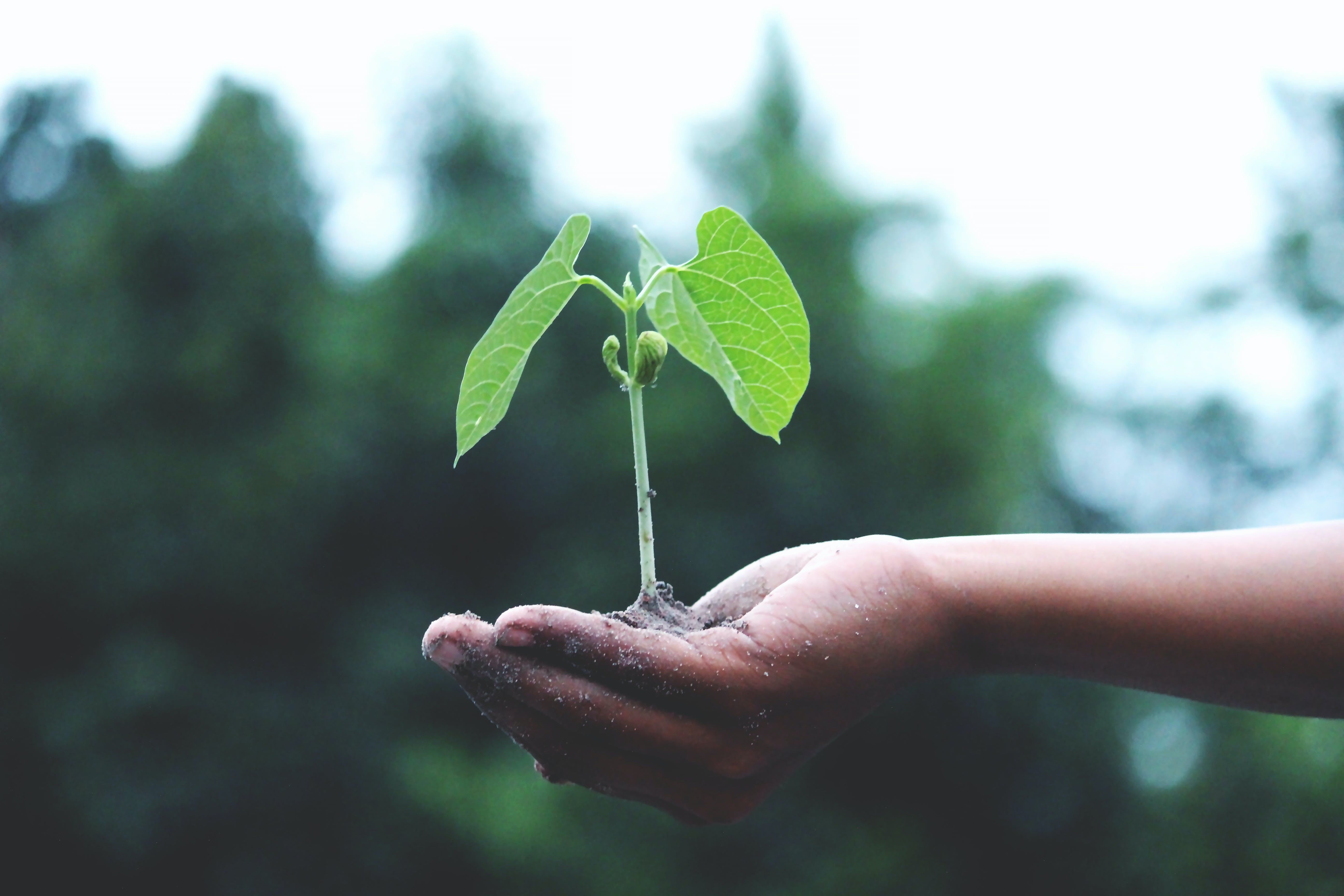
ASU hosts second annual Symposium on Environmental and Social Sustainability in Supply Chains
The symposium invited scholars to share sustainability insights from various industries, including supply chain, water treatment, and fashion.
On Oct. 14, W. P. Carey partnered with the Kelley School of Business at Indiana University to host the second annual Symposium on Environmental and Social Sustainability in Supply Chains at the Walton Center for Planetary Health. The event invited scholars from around the globe to share insights on social and environmental sustainability through presentations, panels, and networking. Symposium co-chairs Kevin Dooley, professor and associate director of the Complex Adaptive Supply Networks Research Accelerator (CASN-RA), Rui Yin, associate professor of supply chain management, and Owen Wu of the Kelley School, organized the event.
During his welcome speech, Interim Chair and Supply Chain Management Professor Adegoke Oke shared about ASU's partnership with the Center for Applied Research and Innovation in Supply Chain-Africa (CARISCA) at the Kwame Nkrumah University of Science and Technology (KNUST) in Ghana. The CARISCA innovation lab seeks to improve the welfare of African citizens through global supply chain research, industry-driven projects, and inclusion and impact for women in supply chain research, education, and practice. Goke invited researchers in attendance to consider Africa as a geographical context for future sustainability research.
Seven presentations and two panel discussions followed Oke's welcome address. Jamal El Baz from Ibn Zohr University in Morocco and Burak Kazaz from the Whitman School of Management at Syracuse University discussed insights for the West from supply chain operations in Africa, encouraging researchers to further engage with African scholars on sustainability-based research.
Sherri Barry (MBA '10), co-founder of the Arizona-based fabric and business research innovation center (FABRIC) Incubator, discussed technology's role in innovating and facilitating sustainable clothing manufacturing options in the fashion industry.
"Fashion is the second largest polluting industry in the world as far as CO2 emissions," she said. "When talking about the fashion industry, I see three big problems: decarbonization; the human impact the fashion industry brings, which climate change exasperates; and excessive waste." Barry proposed that through technology, infrastructure, and collaboration, organizations can change their mindsets from squeezing suppliers for profits to driving innovative solutions.
In her presentation on environmental sustainability for drinking water in Arizona, Karen Shanafelt, drinking water inspections and compliance unit manager at the Arizona Department of Environmental Quality, highlighted the concerns about ensuring the sustainability of Arizona's water system. She emphasized that 95% of the state's population depends on a network of public water systems and how the upcoming introduction of new drinking water regulations, particularly PFAS (per- and polyfluoroalkyl substances) contamination, prioritizes toxicology considerations and may precede more stringent requirements, which could result in up to 67% of larger systems not meeting compliance standards. Shanafelt encouraged the audience to suggest innovative solutions and addressed using existing water system infrastructure, such as the Colorado River, for water storage, which could save on transportation costs while maintaining the use of traditional water systems that have served the region effectively.
During his presentation, Dooley delivered a passionate call to action for scholars to dive into sustainability research, citing the increasing frequency of extreme weather events as evidence that no one is immune to the consequences of human-induced climate change.
"My soapbox today is that we are all sustainability professionals now," said Dooley. "There's not a person in this room, not a person within our supply chain discipline, whose job will not be impacted by sustainability writ large."
"Wicked problems," or complex, interconnected issues that require collective efforts and multifaceted studies rather than singular solutions surround sustainability research. Dooley highlighted repercussions of the Arctic's projected loss of ice as an example, an event that could trigger international disruptions like supply chain challenges, waves of migration, social unrest, demographic shifts, food insecurity, and the unraveling of global interconnections by 2040. Dooley emphasized that researchers, educators, policy advisors, and concerned consumers have the power to enact change as independent and scientifically driven facilitators, creators, and disseminators of knowledge.
During the symposium's final three presentations, Benjamin Lyle Ruddell, professor at Northern Arizona University, introduced attendees to the FEWSION Supply Chain Data Science Project, which provides data on U.S. supply chains' environmental footprints, vulnerabilities, and resiliency. Erica Plambeck, a Stanford Graduate School of Business professor, discussed electric vehicle usage in Bangladesh. Professor Kamalini Ramdas from the London Business School shared her experiences researching emerging markets.
The event concluded with two panels featuring presenters reflecting on their experiences and challenges addressing sustainability in industry through research and real-world experiences.
Latest news
- Ethical leadership: Good policy may prompt bad behavior
New research findings reveal how managerial approaches to integrity influence team morale and…
- W. P. Carey alum Paridhi Saboo found passion for analytics and real estate during undergraduate journey
Thanks to the many opportunities available to students at W. P.
- Trump suggested 50-year mortgages. This expert calls that 'renting from the bank'
50-year mortgages floated by Donald Trump have been criticized as “rent-from-the-bank” from ASU…